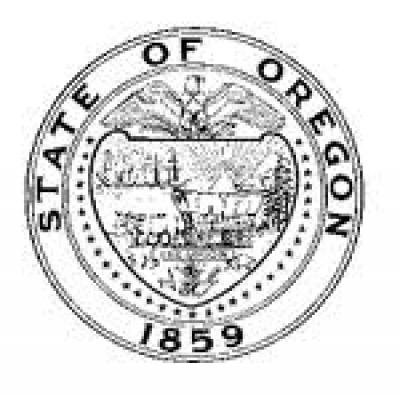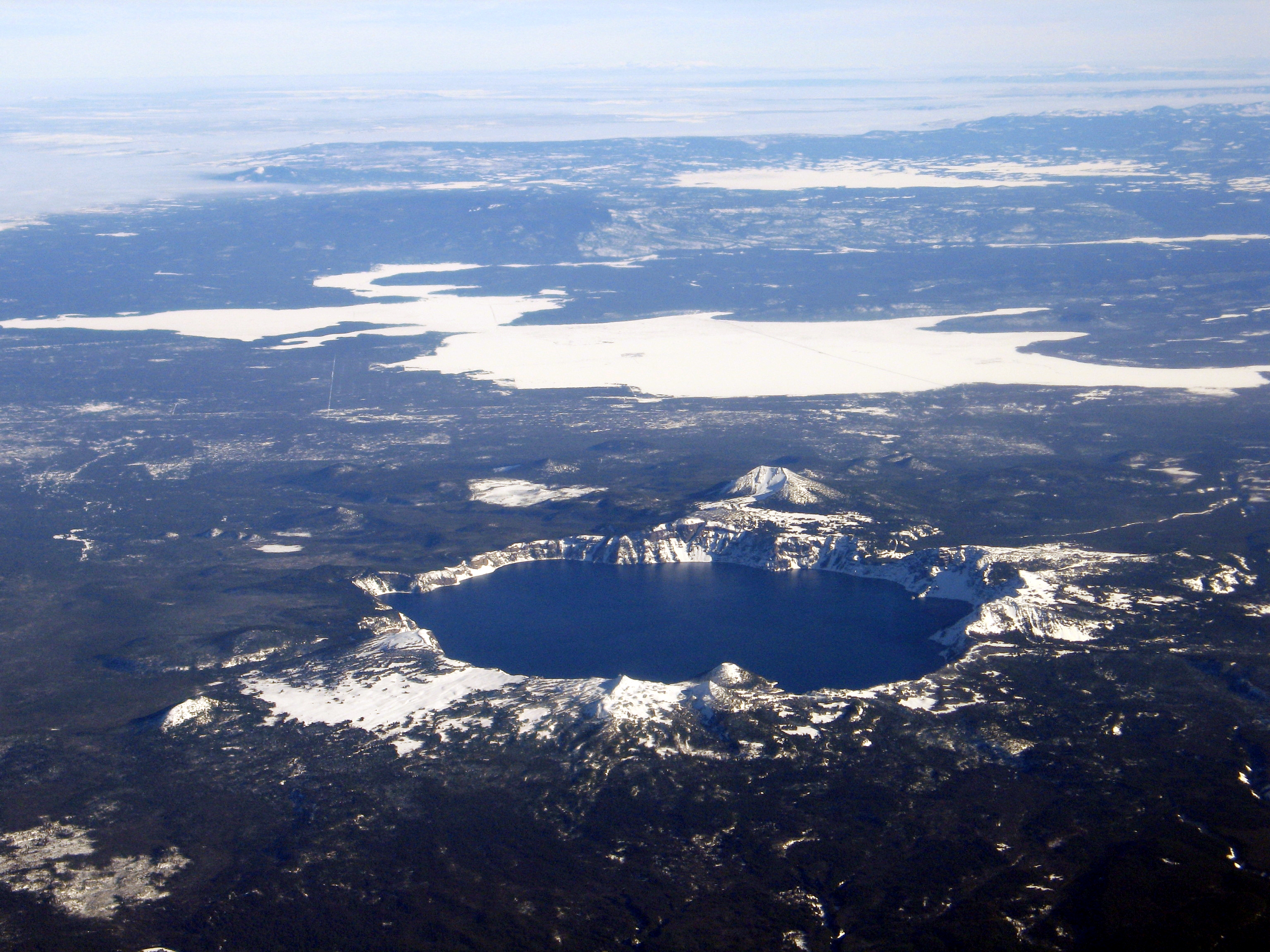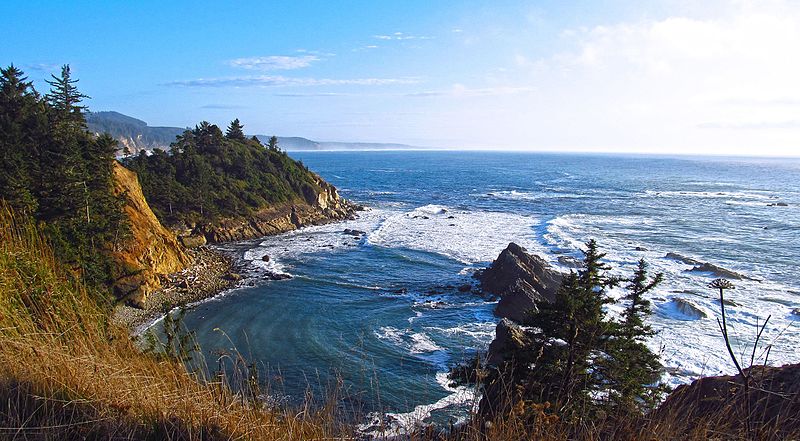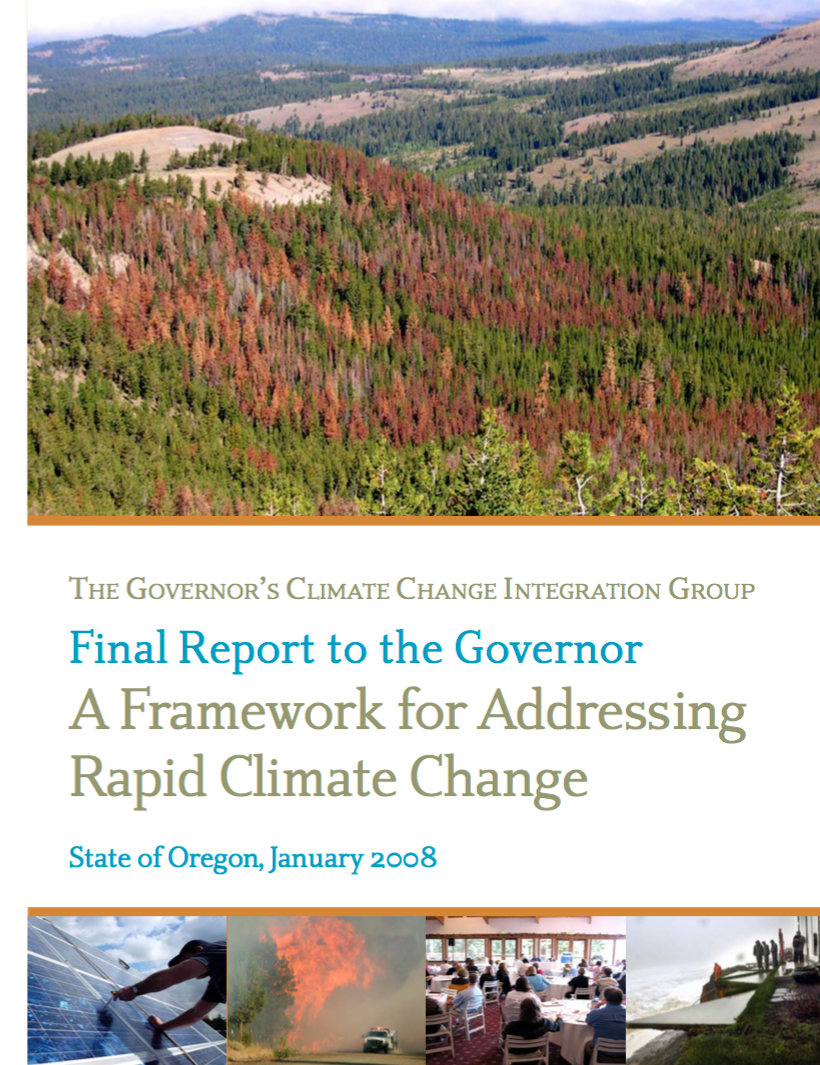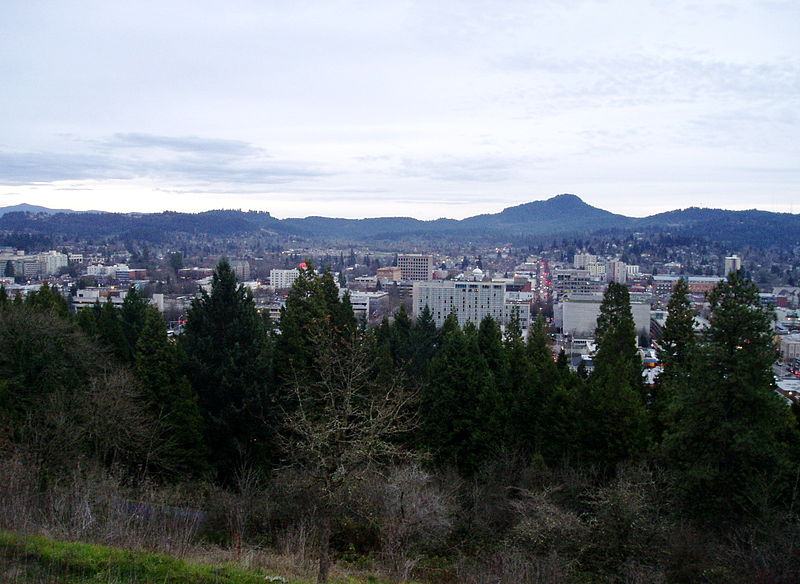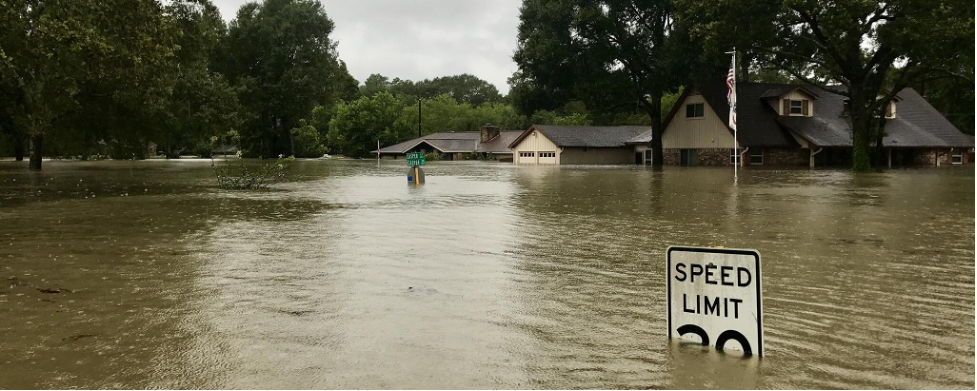Creating Climate Ready Communities: Adapting to the Impacts of Climate Change on the Oregon Coast
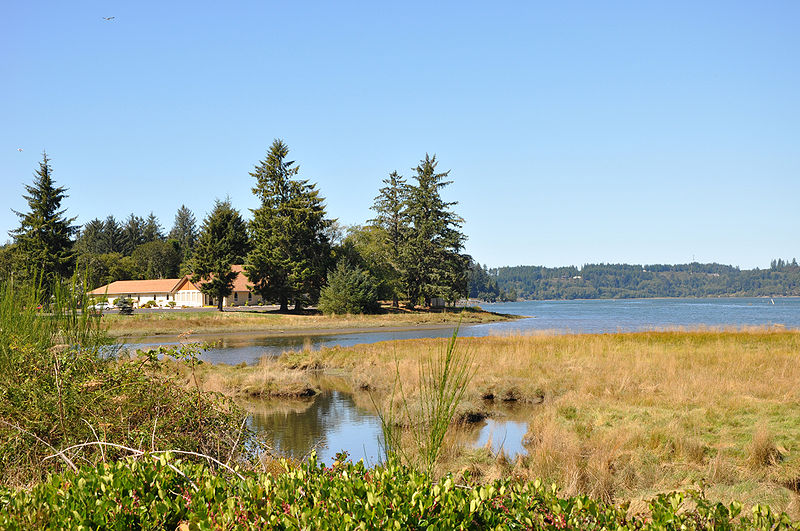
Photo attributed to Finetooth. Incorporated here under the Creative Commons Attribution-Share Alike 3.0 Unported license. No endorsement by licensor implied.
Posted by
Rachel GreggProject Summary
Climate change impacts such as increased mean temperatures, increased frequency and intensity of storms, sea level rise, and changes in precipitation are predicted to impact coastal Oregon. To help decision-makers, legislators, and the public plan for and adapt to the likely impacts of climate change, the Oregon Coastal Management Program (OCMP) created an adaptation strategy in 2009. The overall goal of the strategy is to provide a framework for coordinated action across jurisdictions and to help local coastal governments prepare adaptation plans by 2015.
Background
Climate change is expected to impact coastal Oregon in four primary ways: (1) increased mean air temperature with greater warming during the summer months; (2) increased frequency and intensity of storms; (3) sea level rise; and (4) changes in precipitation patterns including warmer, drier summers and wetter winters. While it is difficult to anticipate exactly how these climate change impacts will affect coastal communities, they are likely to have an effect on community infrastructure such as transportation and navigation systems, shore protection and flood control structures, and municipal services. Coastal economic sectors such as ocean fisheries, agriculture, forestry, travel and hospitality, and growth and development are also highly vulnerable to climate change impacts. Coastal habitats, ecosystems and natural resources will also be affected by climate change.
Implementation
In response to the projected impacts of climate change on coastal communities and resources, the OCMP released a report entitled "Climate Ready Communities: A Strategy for Adapting to Impacts of Climate Change on the Oregon Coast". This strategy aims to help coastal decision-makers, legislators, and the public plan for and adapt to the possible effects of climate change on the Oregon coast and sets the stage for coordinated, cross-jurisdiction planning and action.
The coastal adaptation strategy was developed based on recommendations from the report "A Framework for Addressing Rapid Climate Change" released by the Governor’s Climate Change Integration Group in 2008. These recommendations included: (1) use the state’s land use planning processes to address climate change; (2) encourage immediate preparation for the likely impacts of climate change; (3) develop localized assessments of climate change impacts, adaptation and mitigation opportunities; and (4) support institutions and individuals in responding to climate change.
The overall goal of the Oregon coastal adaptation strategy is to provide a framework for coordinated action across jurisdictions to identify, evaluate, and plan for the effects of climate change on Oregon’s coast. Objectives of the strategy include enabling coastal local governments to prepare adaptation plans by 2015 and ensuring that decisions made by the state are coordinated with local government climate change adaptation plans.
Outcomes and Conclusions
Several actions were identified to help achieve the coastal adaptation strategy:
- Support and enhance local government planning using the three key steps to local adaptation plans and community resilience: (1) identify vulnerability, (2) assess risks, and (3) adopt appropriate responses;
- Work with state and federal agencies and others to acquire information necessary to facilitate adaptation planning;
- Enhance technical capacity of coastal cities and counties as well as state agencies;
- Involve the public;
- Coordinate programs and activities across federal, state, and local jurisdictions; and
- Create new, innovative approaches to adapt to climate change impacts.
OCMP has collaborated with other state agencies to develop an update to the Oregon Climate Change Adaptation Framework, and worked with the National Oceanic and Atmospheric Administration and Oregon State University to develop an exposure inventory for sea level rise planning in Oregon’s estuaries. The inventory, completed in 2017, is a first step in the process of sea level rise adaptation planning for state and local efforts. OCMP also works with a network of oceanfront counties and cities to develop local comprehensive and estuary plans, participates in the Oregon Ocean Acidification and Hypoxia Task Force, and provides outreach and technical assistance on climate change planning.
Citation
Kershner, J. (2021). Creating Climate Ready Communities: Adapting to the Impacts of Climate Change on the Oregon Coast. [Case study on a project of the Oregon Coastal Management Program]. Version 2.0. Product of EcoAdapt’s State of Adaptation Program. Retrieved from CAKE: https://www.cakex.org/case-studies/creating-climate-ready-communities-adapting-impacts-climate-change-oregon-coast (Last updated October 2021)
